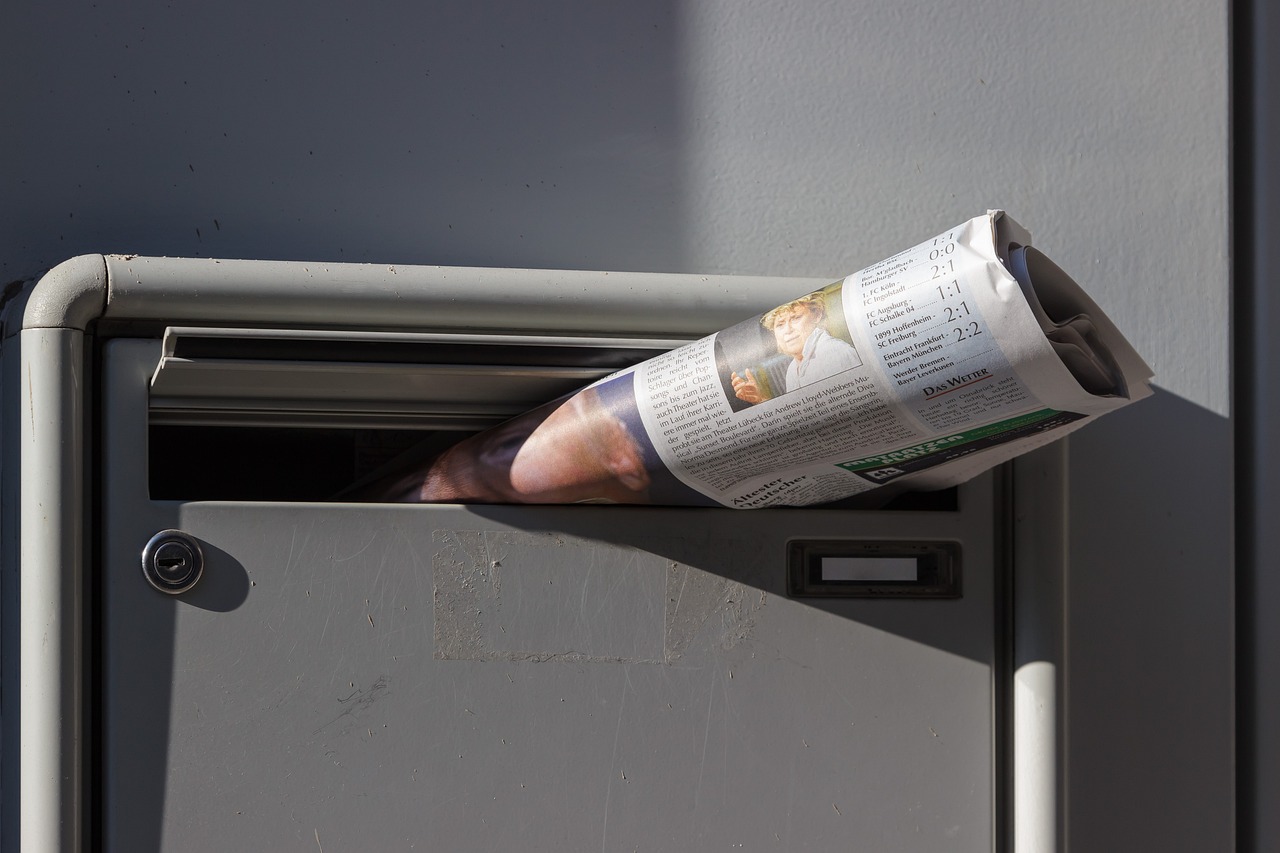On June 26, 2025, the first domestically produced hydrogen-electric "dual-energy" hybrid tugboat, "Hydrogen-Electric Tug 1," was officially commissioned at Qingdao Port, marking a historic leap in China's application of hydrogen-powered vessels from inland waterways to coastal areas. This harbor tug, designed by the "Lian Gang Innovation Team" of Qingdao Port and built by Zhenjiang Shipyard, boasts an 82 mt bollard pull, a 120 nautical mile driving range, and zero carbon emissions, making it the most powerful and highest lithium battery capacity hydrogen tug in the country. It is expected to reduce CO2 emissions by over 15,000 mt annually, equivalent to planting more than 1,000 mu of trees.
As the core technology support, the Paryhuaqing team under CSIC's 718th Research Institute tailored a shipborne hydrogen storage and supply system for the tug, innovatively applying marine "triple-proof" technology (salt fog, humidity, and mold resistance) to overcome the challenges of hydrogen storage and transportation in marine environments, ensuring stable operation of the equipment under extreme conditions ranging from -30°C to 50°C. To address the bottleneck issue of vessel hydrogen refueling, the team developed a dedicated refueling system using "vehicle-sledge-ship" dynamic balance technology. Through the design of a tidal compensation pipeline, the impact of a 4-meter tidal range is converted into a 2-meter horizontal displacement, achieving the first domestic "static hydrogen refueling" for shore-based vessels, with single-ship refueling time reduced to within 30 minutes, providing a complete solution for the hydrogen refueling demonstration project at Qingdao Port.
The "hydrogen-lithium dual-engine" system (proton exchange membrane fuel cell + 7838kWh liquid-cooled lithium battery) of "Hydrogen-Electric Tug 1" sets a new paradigm for port operations: the lithium battery provides instantaneous high power for frequent starts and stops, while the hydrogen fuel cell ensures long-term endurance. The two work in synergy, allowing the tug to maintain high efficiency at a speed of 14.2 knots. Its onboard Beidou integrated system works in real-time with the port's digital twin platform, enabling millimeter-level path planning and improving operational efficiency by 20% compared to traditional tugs. Qingdao Port has also constructed the first hydrogen refueling station at a national port, equipped with fully automatic intelligent shore-based charging facilities, increasing the energy replenishment efficiency of ships by 200%, forming a full-chain closed loop of "hydrogen production - storage - refueling - application."
The technical foundation of the 718th Research Institute provided key support for the project's implementation. Following the service of inland hydrogen-powered vessels such as "Hydrogen Boat 1" and "Oriental Hydrogen Port," this marks the first application of modular hydrogen storage and supply systems to coastal tugs, verifying its versatility in harbor vessels. According to the project leader, the team is currently developing the second-generation marine refueling equipment, aiming to increase refueling efficiency to 400 kg/hour, suitable for larger tonnage hydrogen-powered vessels.
Data from Qingdao Port Tugboat Company shows that since the commissioning of "Hydrogen-Electric Tug 1," port operation noise has decreased by 15 decibels, equipment maintenance costs have dropped by 40%, and it has already supported the berthing of 150,000 mt cargo ships over a hundred times. As a core project of the "Oriental Hydrogen Island," its successful inclusion not only provides a "zero-carbon tugboat" model for coastal ports nationwide but also expands the hydrogen application scenarios at Qingdao Port to all areas, including rail-mounted gantry cranes and trucks, helping to increase the green electricity usage rate at the port to over 60% by 2025. In the future, the 718th Research Institute will deepen its technical collaboration with Qingdao Port and is expected to launch a 500kW marine hydrogen-electric system in 2026, continuing to lead in the global hydrogen-powered ship technology field.



